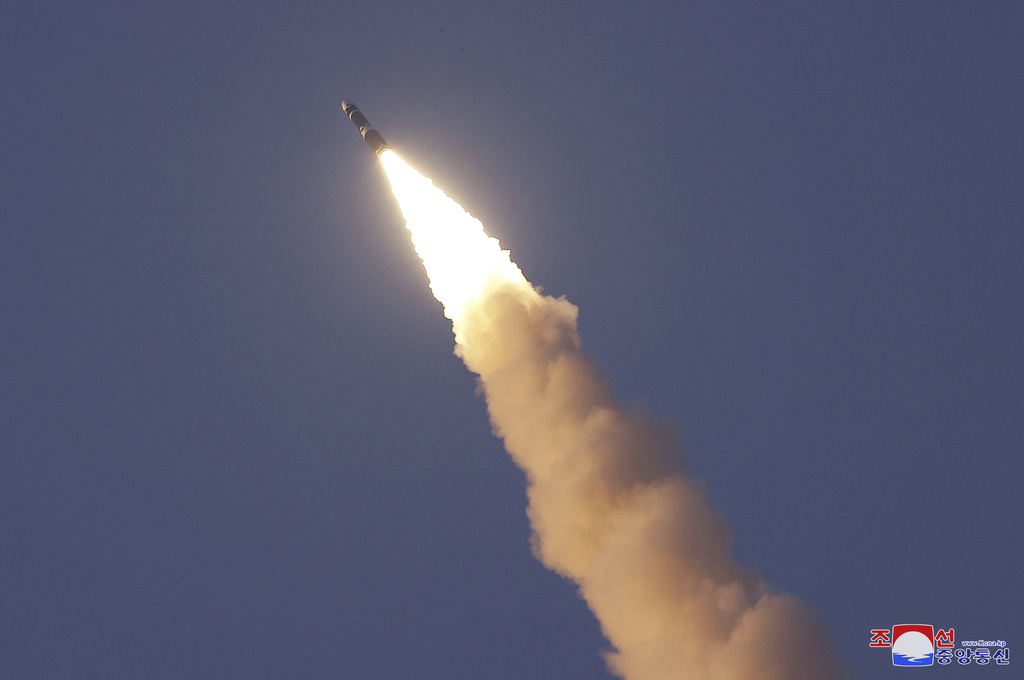Date: November 7, 2024
On November 6, 2024, Donald Trump secured a return to the U.S. presidency, a development that has elicited significant concern among Palestinians. The ongoing conflict between Israel and Gaza has resulted in over 43,000 Palestinian deaths and widespread destruction in the Gaza Strip.
As the international community watches closely, Trump’s past policies, his approach to Middle East peace, and the immediate toll of the violence on Palestinian lives form a complex backdrop.
Donald Trump’s Track Record and Policies on Israel-Palestine
During his first term (2017–2021), Trump adopted several pro-Israel policies, shifting the regional dynamics significantly. Notably:
- Recognition of Jerusalem as Israel’s Capital (2017): In a controversial move, Trump officially recognized Jerusalem as Israel’s capital and relocated the U.S. Embassy from Tel Aviv to Jerusalem. This decision stirred unrest in the region, as Palestinians also claim East Jerusalem as the capital of a future Palestinian state. The move was met with protests across Palestinian territories, resulting in clashes and casualties.
- Cuts to Palestinian Aid (2018): The Trump administration halted $200 million in funding to the United Nations Relief and Works Agency for Palestine Refugees (UNRWA), which provides critical services, including education, healthcare, and housing assistance, to millions of Palestinian refugees. The U.S. also cut over $25 million in direct aid for East Jerusalem hospitals, leaving many Palestinians without essential medical care.
- The “Deal of the Century” Peace Plan (2020): Trump’s Middle East peace proposal, known as the “Deal of the Century,” was rejected by Palestinian leaders, as it endorsed Israeli annexation of the Jordan Valley and Jewish settlements in the West Bank, while offering Palestinians a demilitarized state with limited sovereignty. The proposal further isolated the Palestinian Authority and reinforced skepticism about U.S. impartiality in the peace process.
- Normalization Agreements: Through the Abraham Accords, brokered by Trump’s administration, several Arab nations—including the United Arab Emirates, Bahrain, and Sudan—normalized relations with Israel. These agreements, while economically beneficial to those countries, bypassed Palestinian leaders and left Palestinians feeling increasingly isolated in their own struggle for statehood.
Current Humanitarian Crisis in Gaza
The humanitarian situation in Gaza has reached catastrophic levels. According to recent reports:
- Civilian Death Toll: Over 10,000 Palestinians have been reported killed in the recent escalation, including a significant number of women and children, as Gaza has been subjected to intense airstrikes. The densely populated area has faced widespread destruction of residential buildings, schools, and healthcare facilities.
- Infrastructure Devastation: UN sources report that over 45% of Gaza’s infrastructure has been damaged, with water, electricity, and sewage systems nearly collapsing. The UN has also warned that over 1.5 million people in Gaza have limited or no access to clean water, contributing to a growing risk of waterborne diseases.
- Displacement: Roughly 500,000 Palestinians in Gaza have been displaced from their homes, many of whom are taking refuge in overcrowded UN shelters. With the supply of food, medicine, and other essentials dwindling, the humanitarian crisis grows more dire by the day.
How Trump’s Victory Could Shape U.S. Policy
Trump’s approach to Israel-Palestine has traditionally aligned with right-wing Israeli policies, and his victory could mean:
- Renewed Backing for Israeli Policies: Trump may once again support Israeli settlement expansion in the West Bank, a policy condemned by most of the international community as a violation of international law. Since 2017, under Trump’s influence, Israeli settlements expanded by roughly 10%—further complicating the feasibility of a two-state solution.
- Reduced Humanitarian Aid: If Trump resumes his prior policy of cutting aid to Palestinian refugees, millions of vulnerable Palestinians may lose critical support. The UNRWA has warned that future funding cuts would cripple services to refugees in Gaza, the West Bank, and neighboring countries, where educational, healthcare, and social services rely on external funding.
- Geopolitical Isolation of Palestinians: Trump’s past endorsement of normalization agreements between Israel and Arab nations reduced the leverage Palestinians have in diplomatic discussions. A renewed Trump administration may prioritize expanding these accords, potentially further isolating Palestinian leaders and diminishing prospects for a negotiated peace settlement.
International Response and Calls for Intervention
Amidst the growing crisis, the international community has been vocal:
- UN and EU Appeals: The UN has repeatedly called for ceasefires to allow humanitarian aid into Gaza and address the escalating civilian casualties. Meanwhile, EU leaders have urged the United States to take a balanced role in mediating peace. Trump’s previous disengagement from multilateral frameworks may be seen as a setback to these efforts.
- Human Rights Advocates’ Concerns: Organizations like Human Rights Watch and Amnesty International have highlighted the humanitarian crisis, urging the U.S. and other allies to support mechanisms for war crime investigations and accountability in the conflict.
Looking Ahead: Hopes and Concerns
For Palestinians, Trump’s victory brings a sense of deja vu, sparking fears of renewed hardship in an already volatile situation. As Palestinians cope with the present devastation, the possibility of reduced international aid and support looms large. Many advocates are urging Trump’s administration to reconsider its approach, advocating for humanitarian relief efforts, impartiality in peace negotiations, and a commitment to human rights and international law.
Whether Trump’s administration will adapt its policy to reflect these calls remains uncertain. However, the humanitarian and diplomatic stakes have never been higher, and the eyes of the world are on the U.S. as it navigates its role in this complex and long-standing conflict.
References:
- “Palestinians dismayed by Trump’s win, their leaders urge peace,” Reuters. Accessed November 7, 2024. Link
- “Analysis: Trump’s Track Record on Israel-Palestine,” Fanack. Accessed November 7, 2024. Link
- “Humanitarian Situation in Gaza: Civilian Death Toll and Infrastructure Devastation,” Associated Press (AP). Accessed November 7, 2024. Link
- “International Allies Fret Over Trump’s Presidency Amid Rising Global Tensions,” Wall Street Journal (WSJ). Accessed November 7, 2024. Link
- “UNRWA Warns of Catastrophic Impact of Aid Cuts on Palestinian Refugees,” United Nations Relief and Works Agency (UNRWA). Accessed November 7, 2024. Link
- “UN and EU Reiterate Calls for Ceasefire in Gaza,” United Nations News. Accessed November 7, 2024. Link
- “Human Rights Groups Raise Alarms on Gaza Crisis,” Human Rights Watch. Accessed November 7, 2024. Link
- “Amnesty International: Addressing War Crimes in the Israel-Gaza Conflict,” Amnesty International. Accessed November 7, 2024. Link



